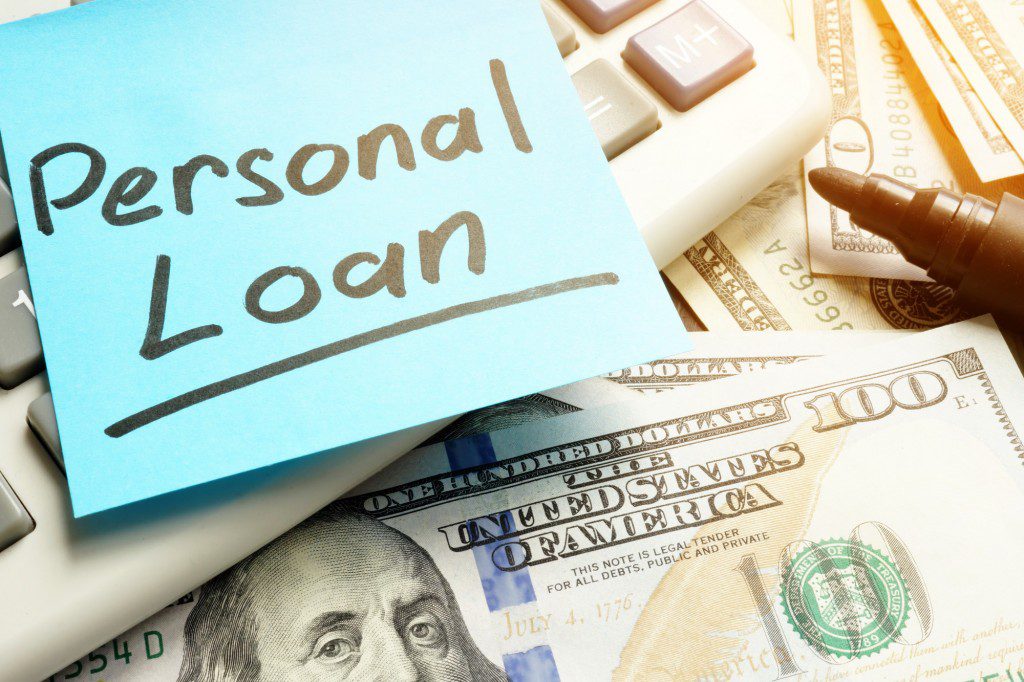Lenders offering personal loans carry higher credit risk due to the unsecured nature of personal loans. Therefore, banks and non-banking financial companies (NBFCs) are more cautious while assessing personal loan applications. Apart from their loan applicants’ age and monthly income, lenders also consider their credit profiles while evaluating their personal loan eligibility. Here are the four main factors that lenders look at while evaluating the eligibility of their personal loan applicants:

Credit Scores
Lenders consider their personal loan applicants’ credit scores as a primary filter to determine their creditworthiness. They consider loan applicants having credit scores of 750 and above as financially disciplined. Therefore, such applicants have higher chances of availing personal loans. Some lenders also set lower personal loan interest rates for such applicants. On the other hand, those having lower credit scores may either face loan rejection or their loans might get approved at higher interest rates.
As the need for availing personal loan can arise anytime due to financial emergencies, prospective applicants should be credit ready when the need arises. For this, they should track their credit scores periodically by fetching their credit reports from the credit bureaus. Alternatively, they can also visit online financial marketplaces to check their credit scores. Fetching their credit reports and reviewing them at periodic intervals will help them identify errors or incorrect details present in their report and any fraudulent credit activities made in their name. Any such issues should be reported to both the lender(s) and the concerned credit bureau(s) for correction. Rectified credit reports will help improve their credit scores and thereby, increase their chances of availing personal loans at lower interest rates.
Repayment capacity
Lenders usually approve the personal loan applications of those having their existing EMIs, including the EMI of their proposed personal loan, within 50-55% of their net monthly income. Prospective applicants exceeding the aforementioned limit may either face loan rejection or the lender might sanction their personal loans at higher interest rates. Such applicants can opt for longer tenures and/or lower personal loan amounts. Doing so will reduce their EMI obligations within the aforementioned limit and thereby, improve their prospects of loan approval.
Prospective borrowers can use the online personal loan EMI calculator to determine the optimum EMIs and tenures of their proposed personal loan after factoring in their unavoidable monthly expenses and monthly contributions towards crucial financial goals. .
Employment Profile
Lenders consider their personal loan applicants’ employer and occupation profiles while evaluating their loan eligibility. Some lenders also consider this factor while setting the interest rates of their personal loan applicants. Personal loan lenders usually prefer approving the loan applications of salaried individuals due to their higher income certainty. Among salaried loan applicants, those employed with the government or public sector undertakings are more likely to get personal loan approval, followed by those working with MNCs and other reputed private sector companies. Among self-employed applicants, professionals such as doctors, chartered accountants or architects have a higher probability of securing personal loans approval. Loan applicants whose occupation profiles and/or employers are not within their bank/NBFCs list of approved occupation/employer profiles have lower chances of personal loan approval.
Job/Business Stability
Banks and NBFCs look into their personal loan applicants’ job and business stability while assessing their loan applications. Lenders prefer approving personal loan applications of those having a stable income source. This is because those having unstable jobs or businesses are at a higher risk of defaulting on their loans. Within the salaried loan applicants, lenders usually approve personal loans of those having minimum work experience of 1 to 3 years. Some banks/NBFCs additionally require their loan applicants to have work experience of at least 6 months to 1 year in their current organisation. In the case of self-employed applicants, lenders usually sanction personal loans of those having business vintage of at least 3 years. Therefore, those planning to avail personal loans in the near future should avoid job switches.
